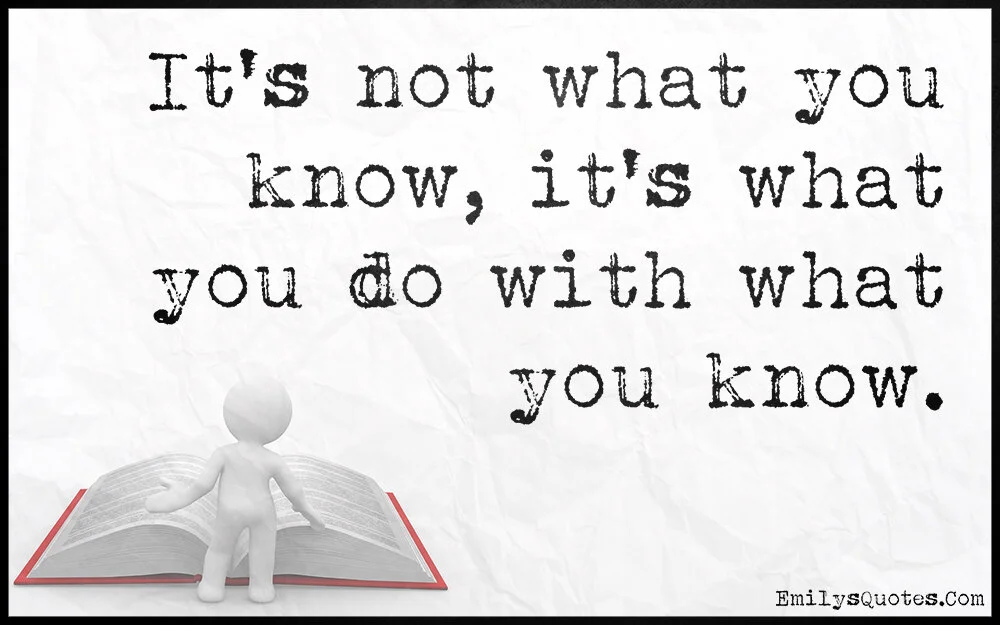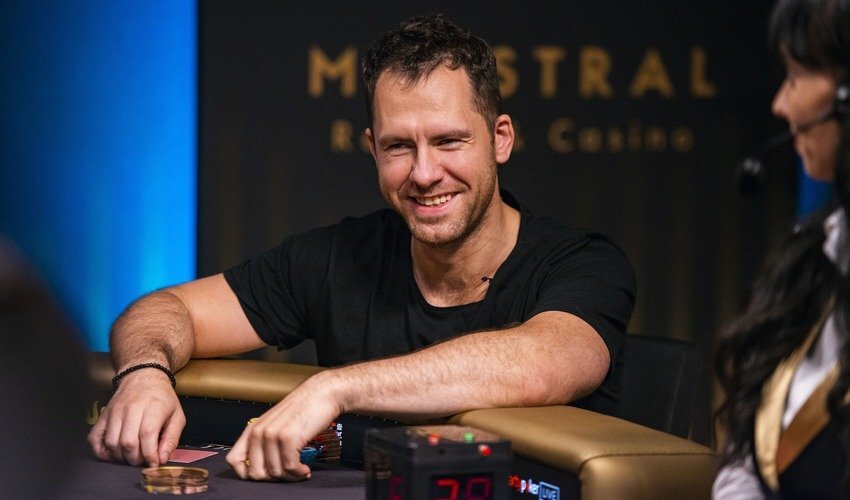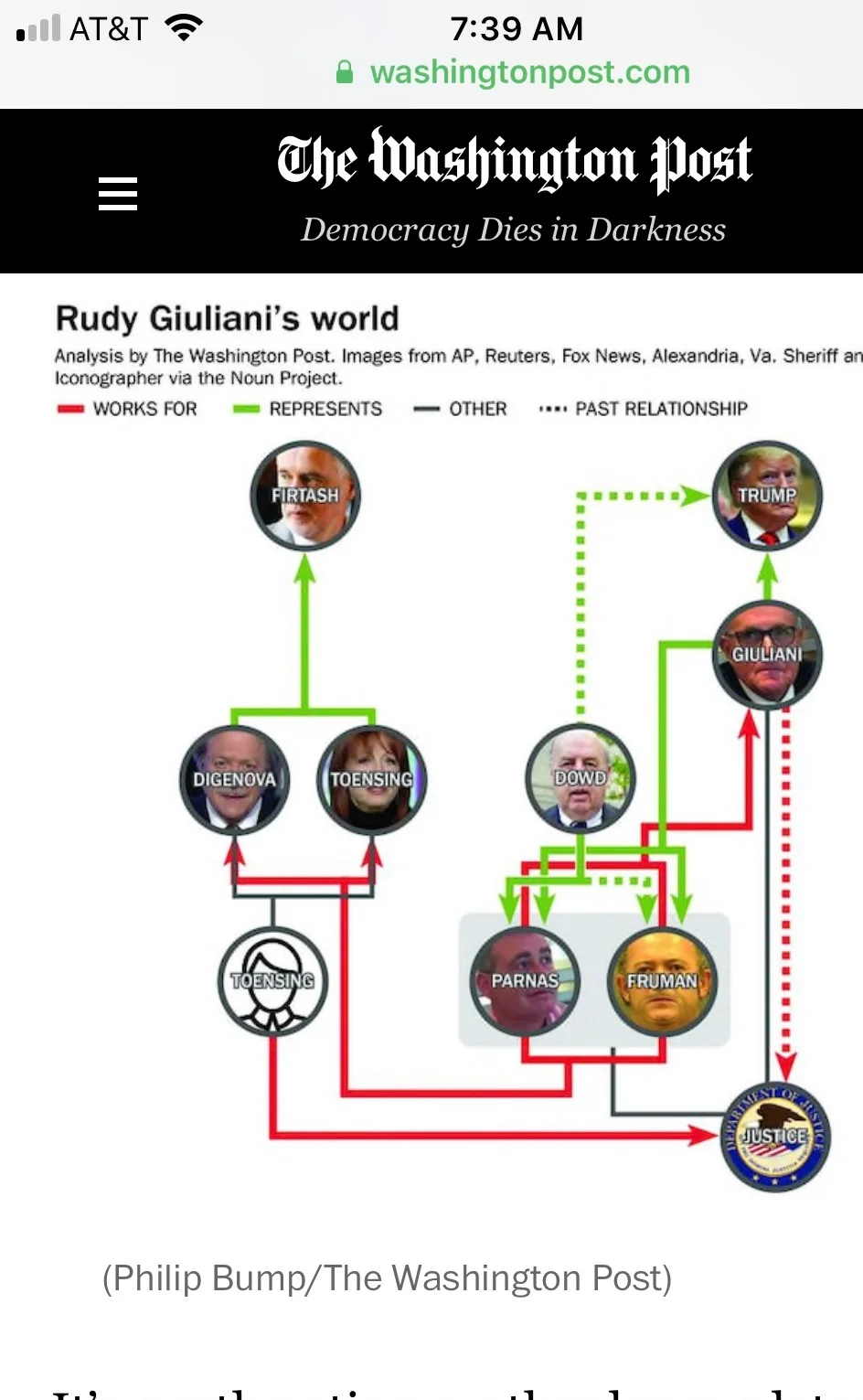In an ideal world, the questions would be simple and direct. The answers readily obtainable from solid public record resources. I’d pick up the assignment by nine, turn it in before dinner. Make myself a very tall gin and tonic and settle into an old episode of Rockford.
Read MoreTo do great research, you have to know things before you find them. You must be aware of the meaning of names or context, and use that knowledge to drive your results. In a recent research project, coming across one company hammered home a point that otherwise took 30 pages of bullet points.
Read MoreIn the course of doing deals, hiring people, taking on new clients, you meet many people. How far into hell will you go? What are you doing to find out.
Read MoreIn which we expand a bit on ghosting and why some may do it.
Read MoreThere are a lot of lessons one can learn from playing poker. Sometimes the lessons come not from playing poker but in hearing about people playing poker. In this post we learn that you cannot always trust people. A lesson valuable in all areas of life. Do you due diligence.
Read MoreThanks to Pursuit Magazine for publishing me.
Read MoreI have been one of the lucky few to have had work and a relatively normal life over 74 days of lockdown and quarantine.
Read MoreLast weekend, I came across a tweet. One of those things that pinballed from its original circle of followers to the wider world. One person’s mix of amusement, frustration, surprise and outrage over what happened during their pre-employment check became fodder for the greater Twitterverse. It had become, what we call in my family, a mem-mem-ez (three syllables, hard zee at the finish). There’s a lot it made me think about. I’ve settled on two.
Read MoreWhy might one choose public records. Why did my Dad choose an awl. Like a lot of dads, he liked to buy things for his toolbox, yet with all the things at his disposal, he reached all the time for his trusty, pointy, awl. That’s a good question. Why might I choose public records. I always thought the answer was because. On more thought, I have a few reasons and an example.
Read MoreI am sympathetic towards people that fail to adequately vet resumes because I understand some good reasons why it can happen. If you don’t turn up your radar, follow-up on leads, and keep up with the news though, I’ll take away those sympathies.
Read MoreThis is your blog. Your chance to learn why I do what I do. When your results come via email, how did I get there. I’ve said many times, I have no secrets. I’ve linked to some of what I’ve written before. What should I write next. As they say over on Reddit. Ask me anything.
Read MoreI am, no humility needed, a very good researcher. What made me a good researcher from the start was my intense interest in wanting to know. I am quite nosy. More importantly, I already had an intense fascination with knowing things that would be invaluable to my job as a due diligence professional. Like, I had written a long dissertation on international organized crime. Having all this info packed into my gray matter made a huge difference in my skills. The shortcut to all that, I’ve always told people I’ve trained, is to be a regular reader of the Wall Street Journal.
Read MoreI challenged myself to write ten posts in ten days. Once that ended, I could have wrapped up the blog for a bit. I thought some of you might be interested, though, in Season 11. In this sequel you get my advice on two things to do if you want to become an ace open source researcher.
Read MoreThe only thing that has kept me from being a productivity guru is a long standing history of being less than productive. Yet, I think a lot about being productive and improving my systems. Writing ten blog posts in ten days, helped me think a lot about how I set goals and go about my days. Instead of business research, I wrap up ten blog posts in ten days with some ideas on why I have top ten targets.
Read MoreThe ink was barely dry on blog post eight when I realized there was more to say on link analysis. If link analysis is a process for finding what is not apparent, it is also process of laying out what is not clear. We use link analysis in many areas of business and investigative research including showing business structure, the flow of events and tracing money.
Read MoreIn today’s stab at the challenge, we look at one the researcher’s favorite set of words, link analysis. A little background on what it means, a list of steps we take, and a big caveat in when we should use it. It’s enough to get you going.
Read MoreTen posts in ten days aint easy. For one thing, there are days like today where I’m racing to send in reports, while dealing with a zillion other things. For another, it aint easy to come up with ten ideas in ten days. I’ve been bugging people left and right for things to blog about. At least one person gave me some topics, and they gave me enough to rip off today’s post.
Read MoreI’m working on a ten post in ten days challenge. Here’s an update on what I’ve done so far. I am open to suggestions for the remaining posts. My goal is to be like Brian Willingham or Bugs Bunny, speaking on multiple levels. My goal is to speak to both users and users. As someone who uses business research to manage your risks or to assist you in other investigative research, what kind of things don’t you know that you would like to know. As someone who does investigative research, are there areas that vex you or things you want to know more about? Ten posts in ten days puts a lot of pressure on.
Read MoreThe other day, I stated my creed. I believe in the Power of Public Records.. From there, I am guided by two principles. Moore’s Law and the Ripple Theory. One I made up, the other I kinda extrapolated. The Ripple Theory gives things to search. Moore’s Law makes it possible for me to do the searching in fast and furious ways. These three things make up the foundation of my practice
Read MoreWhen I launched my ten in ten challenge, I mentioned that I had a post on my mind regarding finding people associated with companies. In four of ten, we talk about records that should and could.
Read More



















